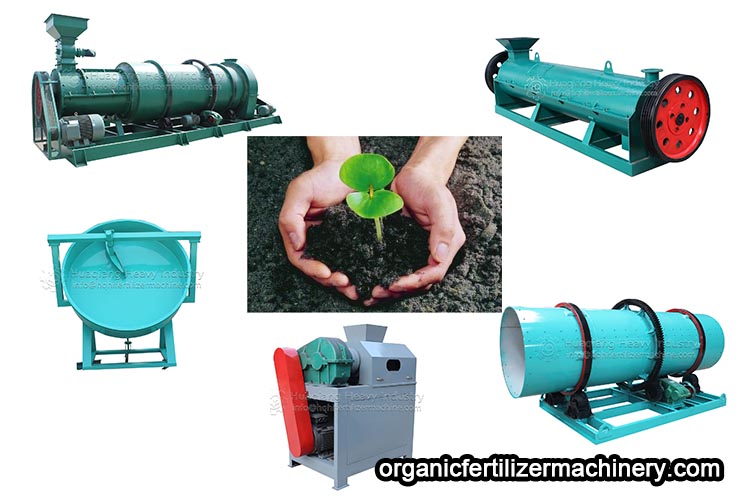Granulators are critical equipment in the production chains of industries like plastics, chemicals, and feed. Their operational stability directly impacts product quality and production efficiency. However, four core issues commonly exist in current granulator applications, hindering companies' capacity expansion and cost control.

First, poor raw material compatibility. Most granulator machines have stringent requirements for raw material moisture and particle size. If the raw material moisture content exceeds 15%, sticking and blockage are likely to occur, requiring machine downtime for cleaning. Furthermore, uneven raw material granulation results in incomplete melting, resulting in "sandwich pellets" and a significant increase in defective product rates.
Second, high energy consumption and low efficiency are common industry issues. Traditional granulators' heating systems mostly use resistance heating, resulting in a heat conversion rate of only around 60%. Power consumption can reach 800-1200 degrees Celsius per ton of pellets. Furthermore, the screw speed adjustment range is narrow, requiring frequent adjustments to process parameters when working with raw materials of varying melting points. This results in an average daily effective production time of less than 18 hours per unit, far below the ideal 22-hour standard.
Furthermore, the lack of consistent pellet quality plagues many companies. Affected by temperature control accuracy (±5°C) and pressure fluctuations, the diameter of the pellets produced often varies by more than 0.3mm, and hardness can vary by over 20%, failing to meet the high-end market's demand for consistent product quality. One feed company experienced a 15% month-over-month increase in customer complaints due to uneven pellet hardness, which reduced product palatability.
Finally, high equipment maintenance costs exacerbate the burden on companies. The pelletizer's screw and die are susceptible to wear and tear due to raw material impurities, requiring replacement every three months on average, with a single set of parts costing over 10,000 yuan. Furthermore, the equipment lacks intelligent early warning functions, leading to sudden failures such as bearing overheating and motor malfunctions. Each downtime results in significant production losses.
In summary, these four common problems with granulators increase production and operating costs across the board, from raw material handling and energy consumption to product quality and equipment maintenance.